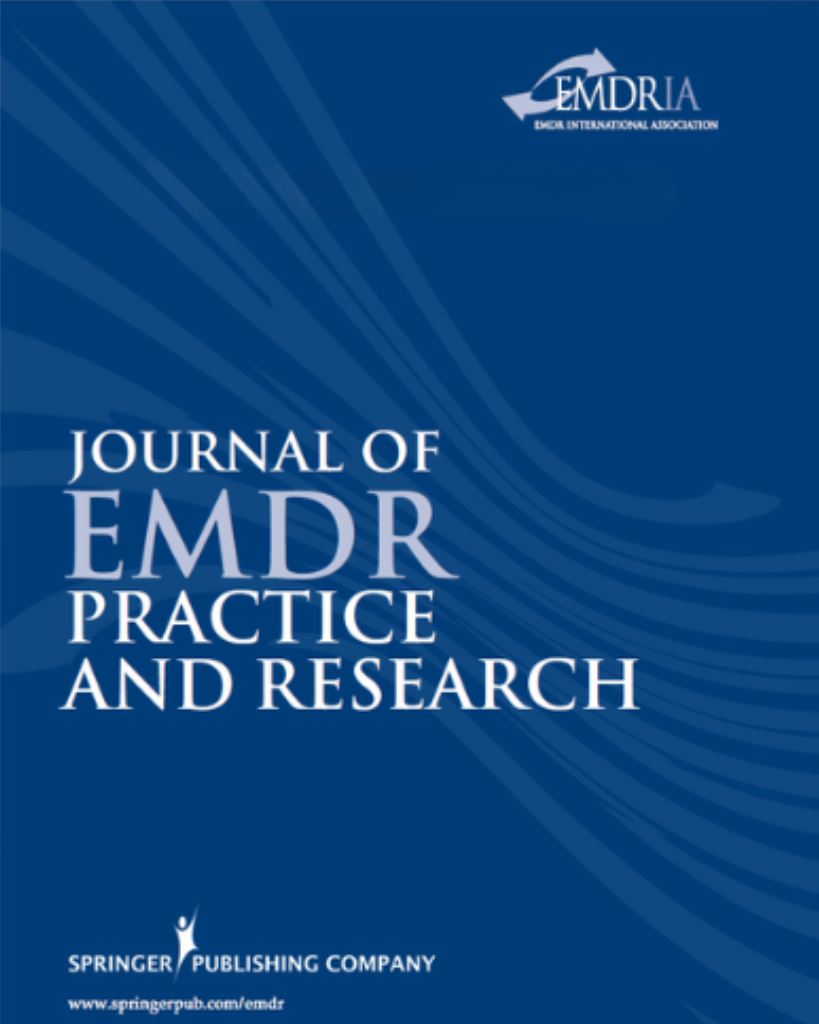The EMDR Protocol for Recent Critical Incidents: Follow-Up Report of an Application in a Human Massacre Situation
Follow-up results of study investigating application of EMDR Protocol for Recent Critical Incidents (EMDR-PRECI) in human massacre situation.
Article Abstract
“This article reports the follow-up results of our field study (Jarero & Uribe, 2011) that investigated the application of the eye movement desensitization and reprocessing (EMDR) Protocol for Recent Critical Incidents (EMDR-PRECI) in a human massacre situation. A single individual session was provided to 32 forensic personnel of the State Attorney General in the Mexican state of Durango who were working with 258 bodies recovered from clandestine graves. Pre-post results showed significant improvement for both immediate treatment and waitlist/delayed treatment groups on the Impact of Event Scale (IES) and Short PTSD Rating Interview (SPRINT). In this study, we report the follow-up assessment, which was conducted, at 3 and 5 months posttreatment. Follow-up scores showed that the original treatment results were maintained, with a further significant reduction of self-reported symptoms of posttraumatic stress and PTSD between posttreatment and follow-up. During the follow-up period, the employees continued to work with the recovered corpses and were continually exposed to horrific emotional stressors, with ongoing threats to their own safety. This suggests that EMDR-PRECI was an effective early intervention, reducing traumatic stress for a group of traumatized adults continuing to work under extreme stressors in a human massacre situation. It appears that the treatment may have helped to prevent the development of chronic PTSD and to increase psychological and emotional resilience.”
—Description from publisher
Article Access
Open Access
Jarero, I., & Uribe, S. (2012). The EMDR Protocol for Recent Critical Incidents: Follow-Up Report of an Application in a Human Massacre Situation. Journal of EMDR Practice and Research, 6(2), 50–61. https://doi.org/10.1891/1933-3196.6.2.50
About the Journal
The Journal of EMDR Practice and Research is a peer-reviewed publication devoted to integrative, state-of-the-art papers about Eye Movement Desensitization and Reprocessing. It is a broadly conceived interdisciplinary journal that stimulates and communicates research and theory about EMDR, and their application to clinical practice. The Journal of EMDR Practice and Research is the Official Publication of the EMDR International Association.
Date
June 1, 2012
Creator(s)
Ignacio Jarero, Susana Uribe
Client Population
First Responders/Healthcare Workers
Practice & Methods
EMDR Early Intervention, Group, Protocols
Extent
12 pages
Publisher
Springer Publishing Company
Rights
Copyright © 2012 EMDR International Association
APA Citation
Jarero, I., & Uribe, S. (2012). The EMDR Protocol for Recent Critical Incidents: Follow-Up Report of an Application in a Human Massacre Situation. Journal of EMDR Practice and Research, 6(2), 50–61. https://doi.org/10.1891/1933-3196.6.2.50
Series
6
Installment
2
Audience
EMDR Therapists
Language
English
Content Type
Peer-Reviewed
Original Source
Journal of EMDR Practice and Research
Access Type
Open Access




